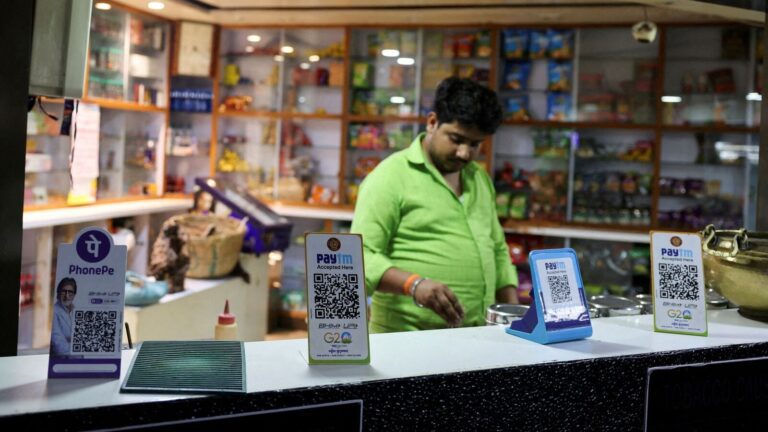There is also a growing perception within the fintech sector of regulatory barriers hindering the sector’s growth.
Some fintech companies have also come out in support by writing to the finance minister and the RBI governor after the central bank banned Paytm Payments Bank from accepting deposits.
While the two self-regulatory organisations (SROs) – Digital Lenders Association of India (DLAI) and Fintech Association for Consumer Empowerment (FACE) – collectively representing around 120 fintech companies, do not have enforcement powers, they are of the view that the draft guidelines released by the RBI on January 15 could help them enforce the decisions of member companies.
To clarify matters, RBI Governor Shaktikanta Das, during a media interaction, said that the central bank’s actions were against a regulated entity (Paytm Payments Bank) and not a fintech.
Shiv Chatterjee, co-founder of DMI Finance, a non-banking financial company, and a member of the DLAI executive committee, believes the RBI is hesitant to trust digital lenders to act responsibly, given that there have been many instances where, consciously or unconsciously, entities have clearly flouted norms.
“The DLAI has tried, not always successfully, to highlight such cases, whenever it sees practices emerging that appear to be contrary to the regulations,” he added.
DMI Finance, which acquired lending fintech ZestMoney in January, has core businesses in corporate lending, housing finance, consumer and small business digital finance.
The challenge, however, is to enforce action against repeat offenders, experts said. In fact, on January 15, the RBI said fintechs are reshaping the financial services landscape, but they need to ensure a balance between facilitating innovation and ensuring compliance with regulations, to protect consumers.
According to the RBI, self-regulation within the fintech sector is a preferred approach to achieve the desired balance.
Despite the lack of implementing powers, the DLAI maintains a code of conduct and is trying to standardise norms, while taking into account suggestions from the RBI. Chatterjee hopes that the RBI will approve the OAR initiative early in the next financial year.
“We hope that the powers of the OAR will not be limited to simply designating non-compliant entities. It would be more effective if it played a more constructive role in defining the sector and making compliance a cornerstone of good behaviour,” Mr Chatterjee said.
The RBI has also urged fintechs to seriously consider self-regulation. Calling it a “critical issue,” Das said in September that fintechs “need to evolve industry best practices, privacy and data protection standards in sync with the laws of the land, set standards to prevent mis-selling, promote ethical business practices and pricing transparency.” “I would like to take this opportunity to urge and encourage fintechs to set up an SRO on their own.”
In fact, according to experts, the RBI’s draft guidelines explicitly mention the importance of SROs in fostering the development of the fintech ecosystem.
“We were created as an SRO for fintech lending and we operate as such. Regulatory recognition is essential for legitimacy, credibility and enforcement. SRO recognition will incentivize members to cooperate in information sharing and align with self-regulatory standards,” said Sugandh Saxena, Managing Director, FACE.
FACE has a monitoring mechanism for its members, which account for 80% of digital lending volumes, according to its website. The organization uses its members’ lending apps, websites and social media platforms to identify gaps in customer protection standards, such as consent, disclosure and complaint resolution.
“We encourage members to report unhealthy or non-compliant practices in the marketplace or with competitors, and we independently verify the evidence. We also use customer complaint data, actual complaints and investigations to understand customer challenges and act on customer issues at the industry level,” Saxena said.
In the third quarter of FY24, 37 FACE fintech members disbursed loans of ₹35,999 crore through non-banking entities or in collaboration with other lenders, up significantly from ₹23,141 crores a year ago.

